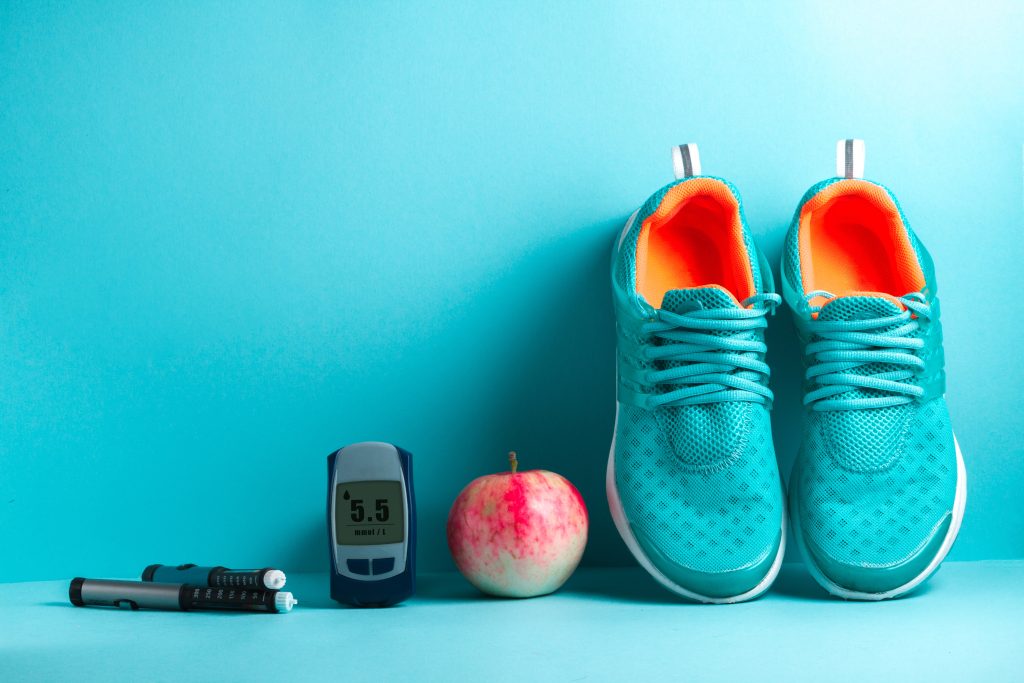Introduction to Blood Sugar
Welcome to a journey through the intricate world of blood sugar – an essential component that plays a crucial role in our daily lives. Whether you’re savoring your favorite meal or embarking on a vigorous workout, blood sugar levels are there, silently influencing how we feel and function. Join us as we unravel the mysteries surrounding blood sugar and its profound impact on our well-being. Let’s dive in!
The Importance of Maintaining Stable Blood Sugar Levels
Having stable blood sugar levels is crucial for overall health and well-being. When our blood sugar is balanced, we feel more energized, focused, and able to tackle daily tasks with ease.
On the contrary, fluctuations in blood sugar can lead to feelings of fatigue, irritability, and difficulty concentrating. It can also impact mood swings and even contribute to long-term health issues if not managed properly.
Maintaining stable blood sugar levels is particularly important for individuals with diabetes as their bodies struggle to regulate glucose effectively. By monitoring food intake, engaging in regular physical activity, and taking prescribed medications as directed by healthcare professionals, individuals can strive towards achieving optimal blood sugar control.
Remember that consistency is key when it comes to managing blood sugar levels. Making healthy lifestyle choices today can have a significant positive impact on your future health outcomes.
Causes of Fluctuations in Blood Sugar
Blood sugar levels can be influenced by various factors, leading to fluctuations throughout the day. One common cause is diet – consuming high-sugar foods or skipping meals can spike or drop blood sugar levels rapidly. Stress and lack of physical activity also play a significant role in affecting blood sugar.
Medications such as steroids or certain illnesses like hormonal imbalances can impact glucose regulation. Moreover, inadequate sleep can disrupt the body’s ability to maintain stable blood sugar levels. It’s essential to monitor these triggers closely to manage fluctuations effectively.
Additionally, alcohol consumption can lead to sudden changes in blood sugar levels, especially when consumed on an empty stomach. On the other hand, dehydration may cause concentrations of glucose in the bloodstream to rise due to less fluid available for dilution.
Understanding these causes is crucial for individuals with diabetes or those at risk of developing it as it helps them make informed choices towards maintaining optimal blood sugar control.
Health Risks Associated with High or Low Blood Sugar
High or low blood sugar levels can pose serious health risks if left unmanaged. When blood sugar spikes, it can lead to immediate symptoms like fatigue, increased thirst, and blurred vision. In the long term, consistently high blood sugar levels can damage organs such as the kidneys, eyes, and nerves.
On the other hand, low blood sugar (hypoglycemia) can result in shakiness, sweating, confusion, and even loss of consciousness if not promptly addressed. Severe hypoglycemia episodes may require emergency medical attention to prevent complications.
Balancing your blood sugar is crucial for overall well-being and quality of life. Monitoring your levels regularly and making dietary adjustments can help prevent these health risks associated with fluctuations in blood sugar. It’s essential to work closely with healthcare providers to develop a personalized management plan tailored to your unique needs.
Tips for Managing Blood Sugar in Daily Life
Maintaining stable blood sugar levels is crucial for overall health and well-being. Here are some practical tips to help you manage your blood sugar effectively in your daily life.
Focus on a balanced diet rich in whole foods such as fruits, vegetables, whole grains, lean proteins, and healthy fats. Avoid sugary drinks and processed foods high in refined sugars.
Regular physical activity is key to regulating blood sugar levels. Aim for at least 30 minutes of exercise most days of the week. This can be as simple as taking a brisk walk or engaging in your favorite physical activity.
Additionally, monitor your blood sugar levels regularly with the help of a glucose meter. Keeping track can help you understand how different foods and activities affect your levels.
Moreover, prioritize getting enough quality sleep each night as lack of sleep can disrupt hormone levels related to blood sugar control.
Managing stress through relaxation techniques like deep breathing exercises or meditation can also support healthy blood sugar levels. Prioritize self-care practices that promote emotional well-being alongside physical health.
Common Misconceptions about Blood Sugar
Misconceptions about blood sugar are common and can lead to misinformation. One prevalent myth is that only people with diabetes need to monitor their blood sugar levels. In reality, everyone can benefit from understanding how different foods affect blood sugar.
Another misconception is that cutting out all carbs is the best way to control blood sugar. While it’s important to be mindful of carb intake, eliminating them entirely can have negative effects on overall health.
Some believe that as long as they feel fine, their blood sugar must be in check. However, high or low levels can often go unnoticed without proper monitoring.
There’s also a belief that artificial sweeteners are a healthy alternative for managing blood sugar. In truth, some artificial sweeteners can still impact glucose levels and should be consumed in moderation.
Educating ourselves on these misconceptions can help us make more informed choices when it comes to managing our blood sugar levels effectively.
Conclusion
Blood sugar plays a crucial role in our daily lives, affecting our energy levels, mood, and overall well-being. Maintaining stable blood sugar levels is essential for managing diabetes and promoting good health. By understanding the causes of fluctuations in blood sugar and implementing strategies to manage it effectively, individuals can minimize the risks associated with high or low blood sugar.
Remember to stay informed about your condition, work closely with healthcare professionals, adopt healthy lifestyle habits such as regular exercise and balanced nutrition, and monitor your blood sugar levels regularly. With consistency and dedication, you can take control of your blood sugar levels and lead a fulfilling life despite having diabetes. Embrace the journey towards better health one step at a time!



